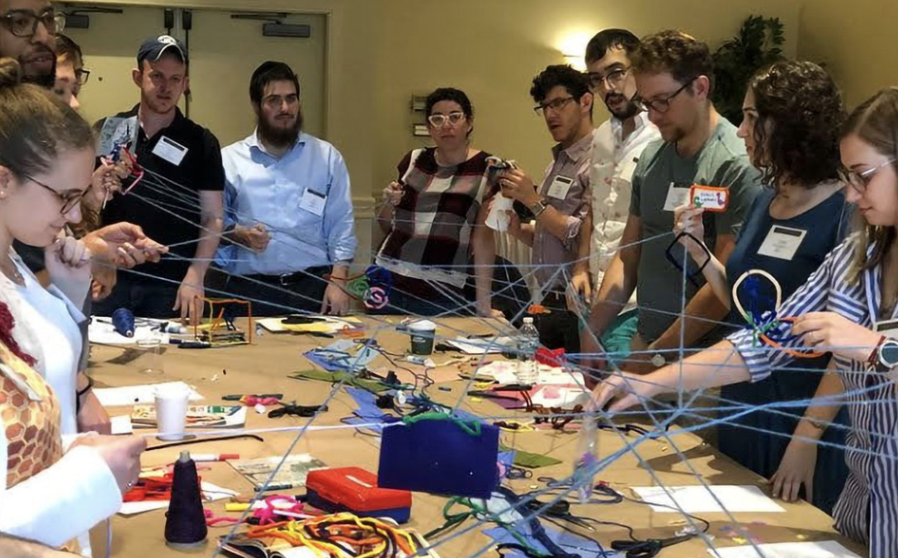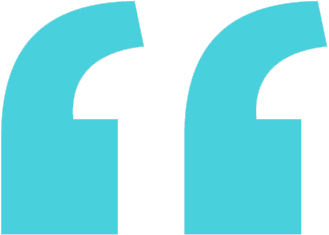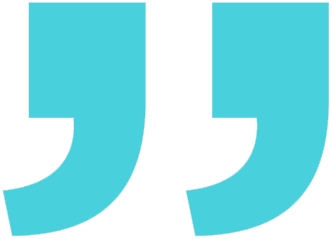Challenge
For over three decades, the Wexner Graduate Fellowship/Davidson Scholars Program (WGF/DSP) has provided graduate school funding, intensive leadership development, and ongoing professional networking and support to emergent North American Jewish leaders. Program participants come from the rabbinate, the cantorate, Jewish education, communal leadership, and Jewish studies. In 2021, as WGF/DSP participants began a generational transition and Gen Z members comprise the cohorts, the Wexner Foundation wanted more information about what a leadership development program built for the 21st century should look like. They wanted answers to key questions such as:
- At what time of life and career stage can leadership training have the greatest impact?
- What are the pros and cons of targeting a leadership development program to graduate students?
- What are the skills, abilities, and perspectives that the leaders of the future will need to possess?
- How does Gen Z differ from the age cohorts that came before, and how do these differences inform the responses to the preceding questions?
To better understand the landscape of leadership development today—and the needs in this area of Gen Z and Millennial emerging leaders—the Wexner Foundation engaged Rosov Consulting. By understanding these needs, the Wexner Foundation could ensure that its investment in people continues to impact the Jewish world. It could make changes to the program, if needed, that reflect new skillsets, ways of thinking, and other capacities that leaders need to have to be successful today.
Approach
Rosov Consulting undertook research to answer these questions and inform how the Foundation shapes the WGF/DSP moving forward. Importantly, Rosov Consulting gathered data through in-depth interviews rather than surveys of program alumni and other Jewish leaders. Rosov determined that interviews would capture the insights needed to answer the complex questions at the heart of this study. Survey data about alumni experiences or about the needs of various subfields of Jewish education were unlikely to generate the kinds of nuanced and personalized insight that can help the Foundation refine the form and/or content of the Program.
Interviews were with current and past Wexner Foundation professional leaders; “field leaders” including WGF/DSP alumni from the earliest cohorts, pilot Wexner Field Fellows, and additional communal leaders; recent WGF/DSP alumni; and directors of peer leadership development programs both within and outside of the Jewish community. These interviews explored respondents’ perceptions of the most pressing issues and challenges facing Jewish communal leaders; the knowledge and skills that leaders will most need to address these challenges; the pros and cons of providing leadership development interventions at different career stages; and, for WGF/DSP alumni, reflections on their program experience and suggestions for the future.
Results
By crafting interview questions, contextualizing these interviews, and bringing knowledge and prior research to bear, Rosov Consulting garnered information and helped make meaning of it with the Wexner Foundation. The consensus shared among interviewees was that, in its fourth decade the WGF/DSP is still an exemplar of leadership development in the Jewish community. In general, people did not see the program as fundamentally “behind the times” or out of step with the current needs of the Jewish community. Still, Rosov Consulting was able to offer opportunities for the WGF/DSP to go “from strength to strength.”
Insights from the research the Foundation is using to inform the future design of the WGF/DS program includes the following:
- Increasingly, more people decide to have a career in the Jewish community following prior work in the non-Jewish, secular arena. This is a change from when the WGF/DS program first started. And while the program evolved with that change, the Foundation now has a deeper understanding of this development and how it influences graduate-level programs.
- The changing landscape of general graduate education programs in the US is relevant for the WGF/DS program, too. For example, emerging leaders today are less willing to relocate and and/or leave their jobs to participate in a graduate program. People want to combine their professional training with their current work.
- “Enabling opportunities”—catalysts for people choosing a career in the Jewish community—can serve as feeders and pipelines into Jewish education or Jewish professional life (as determined in Rosov Consulting’s research for CASJE as well). This includes Jewish versions of Teach for America or Americorps that provide on the job experience as a work fellowship.
- There is an array of in-service training from organizations like M2, Ayeka, and Schusterman Family Philanthropies and within organizations such as JFNA, JCCA, and Hillel and, the Wexner Foundation’s own Wexner Field Fellow (in partnership with the Jim Joseph Foundation). This training happens much more methodically than it did decades ago, and the WGF/DS program recognizes the value and importance of all of these offerings to the field.
- The Foundation understands the realities of living in a VUCA world, one filled with volatility, uncertainty, complexity, and ambiguity. This means, in part, that leadership development is the focus of the WGF/DS program, followed by Jewish content. In this framework, DEI, Gen Z’s relationship to power, and global challenges like climate change are all factors that shape how the Foundation thinks about the program design.
- A paramount challenge facing leaders themselves—not just those they engage—are issues around their own mental health and wellness. Any leadership development program must account for this.
With these insights and others, the Wexner Foundation can ensure that its program reflects how young people think about careers today, how they are (or are not) attracted to work in the Jewish world, challenges they encounter personally and professionally, and the capacities they need to be effective leaders in today’s world.


